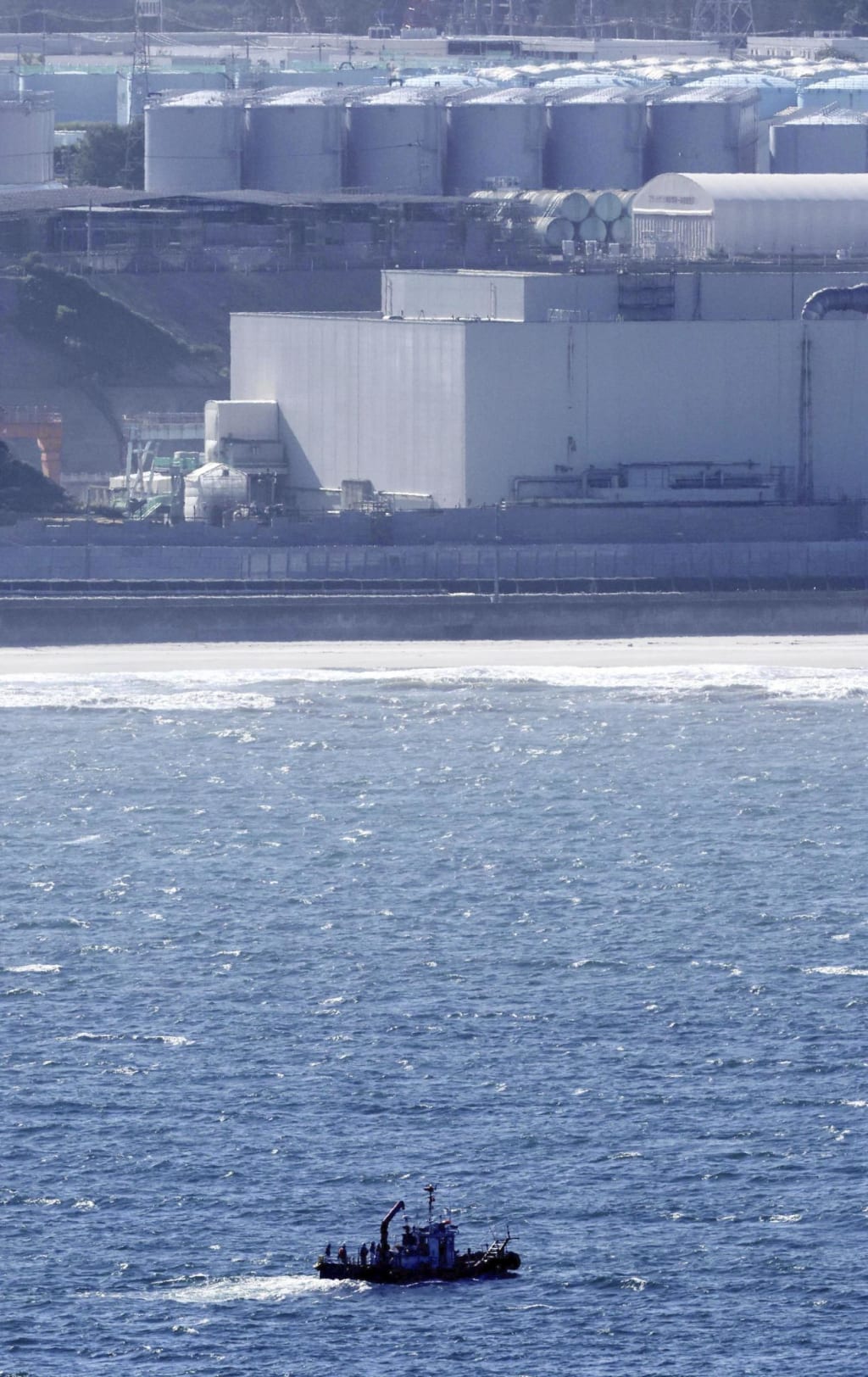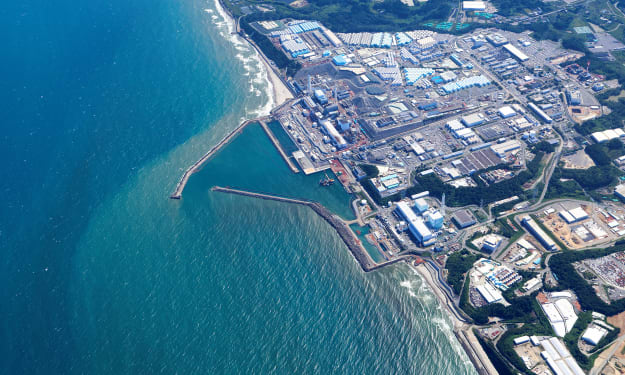
In the annals of human history, few events have been as harrowing and consequential as the Fukushima nuclear disaster that unfolded in March 2011. This catastrophic incident in Japan sent shockwaves across the globe, igniting discussions about nuclear energy, its safety, environmental ramifications, and long-term impacts. Over the years, the discourse surrounding nuclear pollution in Japan has persevered, delving into a myriad of multifaceted issues encompassing waste management strategies, health consequences, policy shifts, international cooperation, and broader implications for global energy paradigms.
At the heart of the Fukushima disaster lies an array of daunting concerns – from the contamination of soil, water, and ecosystems to the daunting task of ensuring public safety and environmental resilience. In the aftermath of the disaster, the Japanese government embarked on a multi-dimensional approach aimed at mitigating the crisis. This approach included ambitious decontamination efforts, pioneering strategies for waste disposal, and complex measures to stabilize the Fukushima Daiichi Nuclear Power Plant. Yet, these initiatives encountered formidable challenges. Technological complexities were accompanied by socio-political, economic, and ethical considerations, underlining the intricate nature of addressing such a calamity.
Central to Japan's response to the crisis is the challenge of nuclear waste management. Ensuring the safe storage and disposal of radioactive materials is of paramount importance to prevent future contamination and safeguard future generations. Although Japan has taken significant steps in this direction, questions persist about the long-term feasibility of managing nuclear waste responsibly and effectively.
Concerns about environmental degradation have dovetailed with anxieties about the health consequences of nuclear pollution. While immediate health effects from the Fukushima disaster were relatively limited, the long-term health implications remain an enduring focus of discussion. Fears of latent health impacts, including cancer, have fueled comprehensive studies exploring the correlation between radiation exposure and health outcomes. This dialogue has been instrumental in spurring not only scientific research but also societal debates about the ethical, social, and economic trade-offs associated with nuclear energy.
The Fukushima disaster wielded a profound impact on Japan's energy policy. In the wake of the catastrophe, a discernible shift away from nuclear energy became evident, manifesting in a growing emphasis on renewable energy sources. This transition resonates with global trends toward sustainable energy practices, resonating with a wider drive for environmental responsibility. The disaster underscored the vulnerability of single-source energy reliance and reinforced the urgency of diversifying energy portfolios to enhance energy security and environmental sustainability.
The ripples of Fukushima's wake extend far beyond Japan's borders. This disaster illuminated the necessity of international cooperation in managing nuclear incidents and their aftermaths. The sharing of scientific knowledge, best practices, and technological solutions has emerged as an imperative in addressing the global dimensions of nuclear safety. Furthermore, the Fukushima catastrophe laid bare the intricacies of global supply chains, as disruptions in Japan's industrial production reverberated across the world.
However, the discourse surrounding nuclear pollution is far from monolithic. The Fukushima incident underscored the pivotal roles of public perception, governmental transparency, and regulatory frameworks. Effective communication, involvement of local communities, and participatory decision-making are integral to fostering public trust, safeguarding public health, and ensuring the responsible management of nuclear energy.
In summation, the complex narrative of Japan's nuclear pollution conundrum defies simplistic explanations. It is a saga that encapsulates technological intricacies, environmental vulnerabilities, socio-political dynamics, and ethical quandaries. The legacy of Fukushima is not confined to Japan but resonates globally, a stark reminder of the intricate interplay between human ingenuity, nature's forces, and the urgency of responsible energy practices. As humanity forges ahead in the quest for energy security and environmental sustainability, the Fukushima disaster compels us to confront the complexity of nuclear energy head-on, while rallying international cooperation, ethical reflection, and innovative solutions to shape a safer and more sustainable energy landscape for the future.





Comments
There are no comments for this story
Be the first to respond and start the conversation.